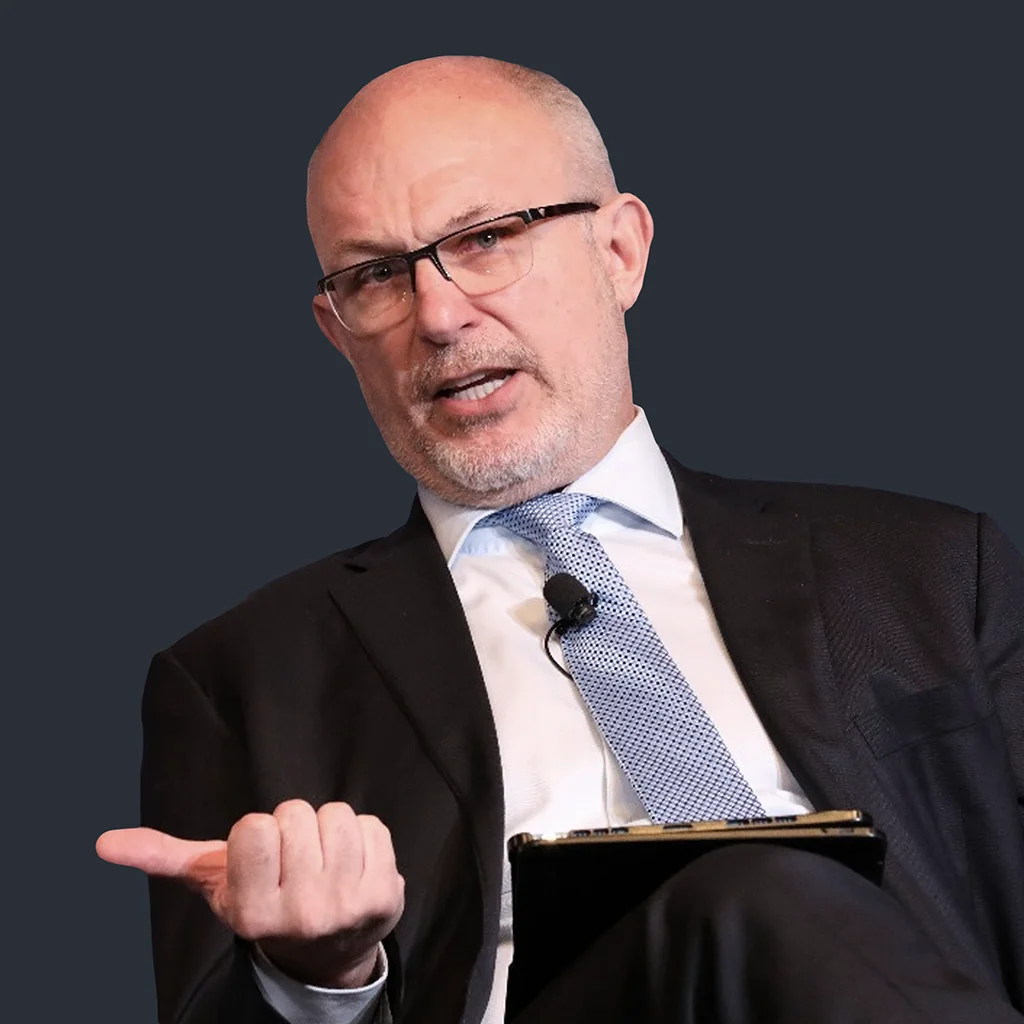
Antonio H. Pinheiro Silveira
Vice-president of the Private Sector at CAF. He was deputy head of Economic Advisory at the Ministry of Planning, secretary of Economic Monitoring at the Ministry of Finance, and minister of the Secretariat of Ports in the Brazilian government. He has sat on the boards of public and private companies, including Caixa Económica Federal, Vale S.A. (Fiscal Council) and Banco do Nordeste. He was executive director for Brazil at the World Bank and the IDB. He holds a PhD in Economics from the Federal University of Rio de Janeiro.
Interview
Q/ The dynamism of the private sector is essential for the region to achieve sustainable development. What are the main challenges and obstacles facing the region’s private sector? Which sectors are the most promising for development in the coming decades?
The private sector is the engine of development in practically all economies. Of course, a complete separation between the public and the private cannot be made, the spheres are complementary and it is a good articulation between the public and private sector that generates a more advanced development process. In Latin America, we have several countries that have this closeness, this coordination, but today there are tremendous challenges: one, because we are countries that, for the most part, are very recently developed and this has strong implications from a technological point of view, from a human capital point of view, among other things. For this reason, the role of development banks, especially in regions such as Latin America, among others, such as Africa, is very essential to leverage the development process as well.
Now, today the main challenges we face are infrastructure issues, because normally in the past this was a task for the state, but increasingly, due to fiscal restrictions, we needed to involve the public sector more actively. Now, today the main challenges we face are infrastructure issues, because normally in the past this was a task for the State, but increasingly, due to fiscal restrictions, we needed to involve the public sector more actively with the private sector to generate good institutions, infrastructures that generate competitiveness, resilience to climate change and that allow the region to be connected so that we are more integrated, which is another very necessary point for the issue of development.
Having regional integration, the expansion of markets, the scale that also allows the private sector to increase its investments seeking to reach larger markets and this is a role that CAF has in its DNA. Apart from these issues of connectivity, there are of course also environmental issues, climate change, biodiversity and resilience, fundamental issues that will be at the top of mind for both the public and private sectors. But, especially, the issues of biodiversity and what we call natural capital, there are many opportunities for expansion in the private sector. That is why it is so important for CAF to brand itself as a green bank and, using this lever of the green bank, to open up spaces for dialogue and for public and private action in the field of climate issues, green issues and biodiversity.
Q/ In what areas can CAF contribute to the development of the region’s productive sector and what are the most innovative instruments it has at its disposal?
Of course, as a bank, CAF is going to have a leading role in financing issues and we are developing there, but we need to make more progress with innovative financial products and implement innovations that allow the private sector to be well financed in a range of areas, not only by CAF, but also with its financial intermediaries.
For this reason, we must have a close relationship with the non-financial private sector in order to provide good products, suitable products, such as guarantees for transactions between countries, which is an innovative product that we are working on, but not only this, also to bring the best practices to the issues of public-private interaction that I had mentioned, examples are PPPs (public-private partnerships) and from there to develop good PPP programs that have the training of public officials and promotions, especially in companies that have a strong regional presence.
Q/ How does knowledge support business decision-making and the design of the strategic vision in your area?
Knowledge is the basic point for everything, from the purely financial, which is knowing the clients, understanding their dynamics, understanding their needs in order to generate appropriate financial products. But CAF, with a financial perspective, but also with a perspective of development, impact of development, especially, has to be informed of best practices in the different sectors in which we operate, it has to be informed about the frontier of science and the possibility of scientific and technological development to support its clients, supporting their countries, the private sector of these countries, in making the best decisions about how to move forward in their development process and, especially, from our point of view, it is much more important that this assistance is very strongly based on important reports with impact and that it manages to influence the decisions not only of the CAF, but also of the authorities and of all the citizens of Latin America. And that is where RED is of fundamental importance.